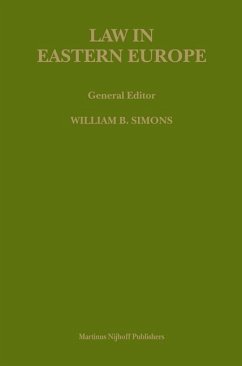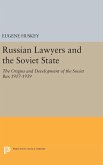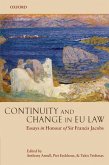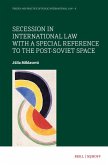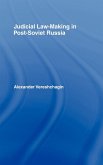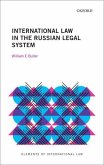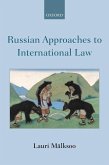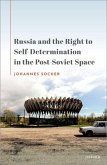Russia's international law persona is still in its infancy and it will take a while for the cycle to run its full course. However, significant changes have already occurred in some areas, thus offering an opportunity to analyze the trends here and track the process of emergence of successor doctrines and practices destined to replace the Soviet heritage. The quartet of topics selected for treatment in this volume - the relationship between international and domestic law; citizenship and state succession; the Sino-Russian boundary problem; and cooperation with China in policing crime - illustrates major shifts in Russia's international law policy in a bid to shed the corset of Communist ideology and the old regime's modus operandi and join the international community's mainstream culture. The test cases also attest to the difficulties encountered in the process of transition and show that progress on this front has by no means been uniform. The sample includes both instances where the break with the past looks quite pronounced and where greater distancing from precedent might logically have been expected, but, for reasons that are then explored, a sense of substantive continuity instead prevails, albeit made more palatable by an application of linguistic cosmetics. From Soviet to Russian International Law: Studies in Continuity and Change marks the occasion of the author's 65th birthday and the 40th anniversary of his publishing debut.
Hinweis: Dieser Artikel kann nur an eine deutsche Lieferadresse ausgeliefert werden.
Hinweis: Dieser Artikel kann nur an eine deutsche Lieferadresse ausgeliefert werden.

